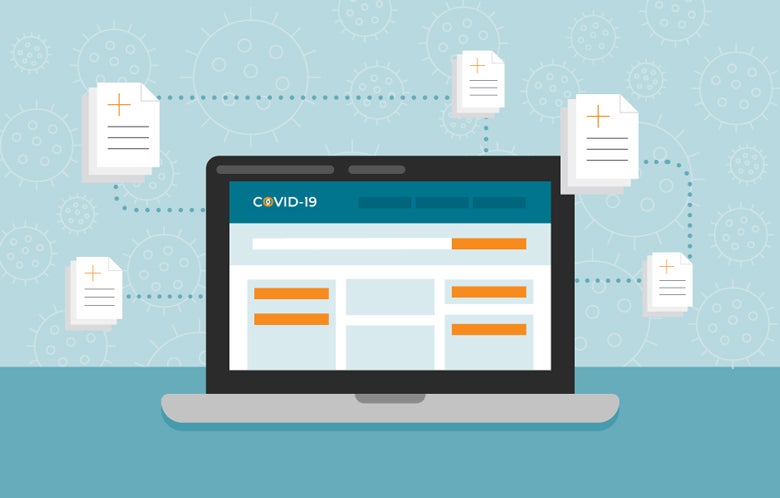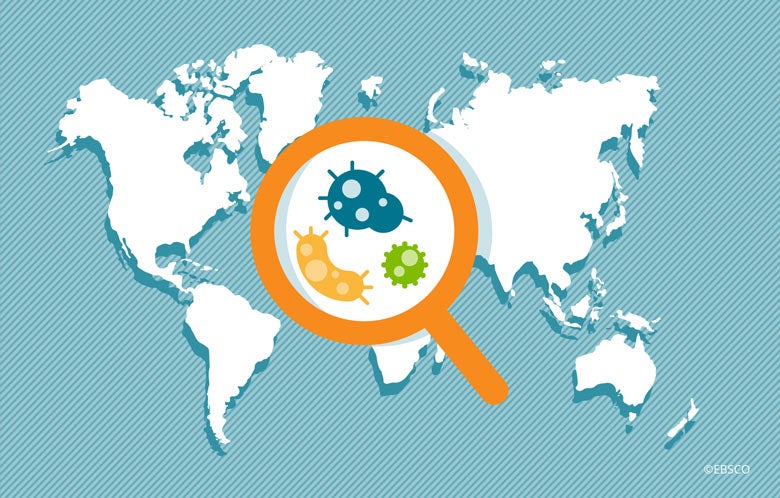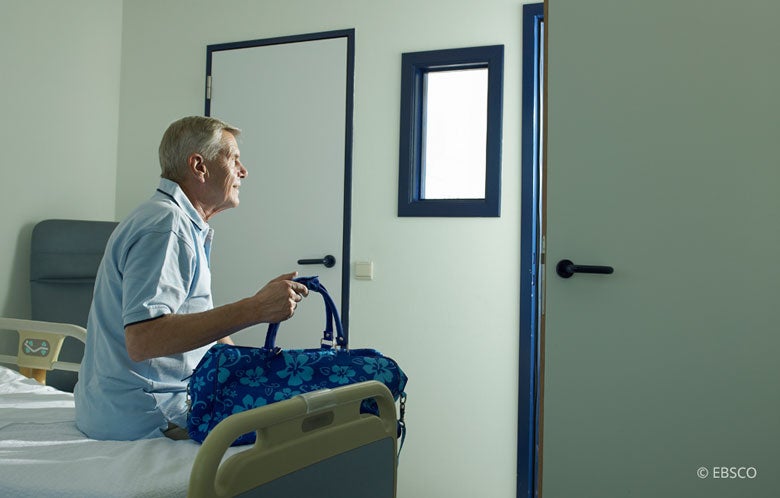With the COVID-19 pandemic overwhelming healthcare systems and some level of lockdown in all corners of the world, we find ourselves in an unprecedented era of information demand. At the same time, the pace of discovery and dissemination of information is faster than ever before, creating uncertainty and stress about where to find reliable answers.
Throughout my career, my professional roles have centered around information support and I have contributed to medical knowledge services that have transformed physician decision making, including founding and developing the evidence-based clinical reference DynaMed. I’ve engaged in multiple consortia and working groups with government agencies, healthcare systems, universities, and businesses to provide functional solutions for the real-world practice of evidence-based medicine. While these initiatives have not been associated with the COVID-19 pandemic, the urgency of our current situation has shifted the focus to developing solutions to improve the knowledge ecosystem today. Currently, as Chief Medical Knowledge Officer at EBSCO Information Services (EBSCO), I find myself in a unique position to bring together clinical, research, technology, and information professionals to meet this urgent demand.
Currently, as Chief Medical Knowledge Officer at EBSCO Information Services (EBSCO), I find myself in a unique position to bring together clinical, research, technology, and information professionals to meet this urgent demand.
Currently, as Chief Medical Knowledge Officer at EBSCO Information Services (EBSCO), I find myself in a unique position to bring together clinical, research, technology, and information professionals to meet this urgent demand.
Accordingly, we have launched COVID-19 Updates and Information, a portal that aggregates real-time information on COVID-19 from governments, agencies, and trusted open-access sources. The portal was created in collaboration with the EBSCO Stacks division, which is led by Kristin Delwo, Stacks founder and Vice President of SaaS Product and Technology. A task force has been created, which includes stakeholders spanning clinical, technology, marketing, sales, and communications divisions at EBSCO, meeting daily to update the site and provide agile improvements.
We started the portal by reaching out to our medical librarian community — information professionals who had already initiated an aggregation of sources of COVID-19 information for their clinical staff. This insight provided a foundation for Kristin and her engineers to build the COVID-19 Updates and Information portal and offered a crowd-sourcing solution to curating reliable resources. Since then, we’ve grown the collection and structured the portal by indexing content in real-time and adding filterable and searchable meta-data. We continue to vet the resources that are submitted and make iterative improvements daily.
Today, the COVID-19 portal serves three primary sectors: healthcare professionals, researchers, and library/information professionals. However, as we aggregate content, additional sectors will likely form, allowing the portal to serve as a resource for finding COVID-19 information to meet additional needs.
At its simplest, the COVID-19 portal is just a way to help people share and find information. You can help by submitting your trusted resources and providing feedback on your experience.



